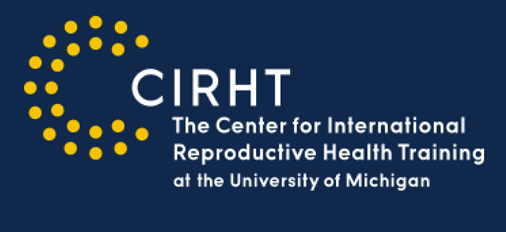Speaker
Description
Background:
Persistent structural and socio-cultural inequities in family planning (FP) access continue to undermine universal sexual and reproductive health and rights (SRHR) goals in Sub-Saharan Africa, disproportionately affecting adolescents, persons with disabilities (PWDs), and forcibly displaced populations.
In response, the Dutch-funded, UNFPA-supported Advancing Sexual and Reproductive Health and Rights (ANSWER) Programme was implemented in Uganda’s West Nile and Acholi sub-regions as a systems-level intervention targeting these gaps. Leveraging 210 public health facilities, educational platforms, and community-based structures, the programme aimed to catalyse increases in modern contraceptive uptake and SRHR knowledge among youth and marginalized groups through an integrated, multi-level delivery approach.
Methods:
A convergent parallel mixed-methods design was used. Quantitative data from Uganda’s Health Management Information System (HMIS) covering 2018–2023 were disaggregated by age, sex, and vulnerability status.
A convergent parallel mixed-methods approach was employed, integrating quantitative and qualitative data for a comprehensive endline programme evaluation. Quantitative analysis utilized routine data extracted from Uganda’s Health Management Information System (HMIS) spanning 2018–2023, disaggregated by age, gender, and vulnerability status to assess service utilisation trends and equity.
Baseline and endline Knowledge, Attitudes, and Practices (KAP) surveys were conducted among stratified samples of in-school and out-of-school youth aged 10–24. Qualitative insights were drawn from 26 key informant interviews (KIIS) with district health officials, facility in-charges, and implementing partners. Data triangulation enabled assessment of intervention fidelity, equity in service delivery, and contextual drivers of success.
Results:
Between 2018 and 2023, the ANSWER programme supported facilities reported a 134% increase in new modern contraceptive users, from 63,908 to 149,383 individuals. Adolescents and youth aged 10–24 years constituted 58% of new users, while PWDs and refugees represented 19% and 6%, respectively, reflecting inclusive access.
Revisit rates improved by 77.2%, indicating enhanced contraceptive continuation. The integrated service delivery—comprising static clinics, mobile outreach, and Village Health Team (VHT) community linkages—facilitated contraceptive access for over 253,000 adolescents and youth.
In addition, KAP surveys demonstrated a significant rise in modern contraceptive prevalence from 33.7% to 70.1% among out-of-school youth and from 32.4% to 61.0% among in-school youth. Regionally, Acholi recorded stronger improvements among out-of-school youth. SRHR knowledge metrics, including method choice, correct usage and source identification.
Importantly, STI/HIV prevention improved by over 30% points across cohorts, with no similar improvements observed in non-programme districts.
Complementary demographic data from UDHS 2022 reveal declines in adolescent birth rates between 2016 and 2022: from 23.8% to 18.2% in West Nile and 22.4% to 21.7% in Acholi. The reported observations suggest integrated, context-tailored SRHR interventions can contribute to reductions in adolescent pregnancies.
Conclusion:
The programme’s focus on equity-oriented design operationalised differentiated SRHR delivery through formal, informal, and community-based channels. Conversely, persistent gaps in uptake of long-acting reversible contraceptives and post-partum family planning among adolescent subgroups bring to the fore the need for targeted approaches to optimize contraceptive equity and continuity of care.
To ensure the sustainability of contraceptive care gains among adolescents, it is critical to mobilize increased domestic financing, thereby integrating adolescent-focused SRHR services as a core component of national health systems and rights-based policies.


